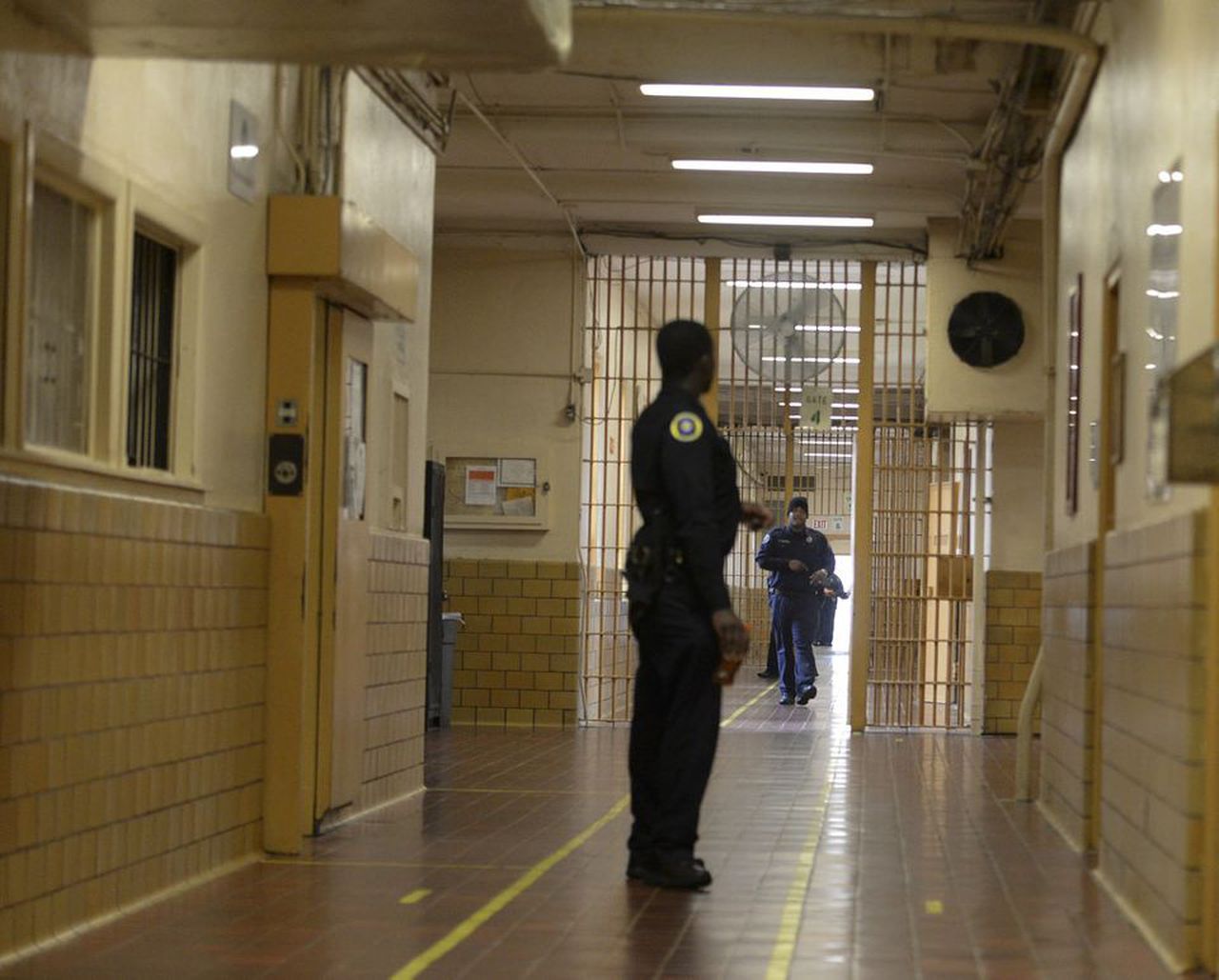Guest opinion: The most dangerous man in Alabama prisons was not released today
This is a guest opinion column
The most dangerous man in Alabama’s prison system was one not released today. In fact, he is more dangerous now than he was when he thought he was going to be released. More dangerous to the other inmates, more dangerous to the correctional officers, more dangerous to himself.
“Give me one reason,” he says, “why I shouldn’t kill my bunkmate who snores so loud the bed shakes.”
“Give me one reason,” he snarls, “why I shouldn’t spit in the face of the CO who talks about my wife.”
“Give me one reason,” he chuckles, “why I shouldn’t spend my last dollar buying crack from the CO who smuggles it in for us.”
We used to have an answer for him (and for every inmate). We used to tell him that his patience and perseverance, his toleration of these unbearable conditions would be rewarded. If he obeyed all the orders he was given (even the degrading ones), he’d be given good time credits. If he didn’t punch back when attacked by fellow inmates or get high on the drugs that are so readily available in prison, he’d be able to go home sooner. Maybe even in time to reconnect with his wife, to get to know his children, to sit by his mother’s bedside when she died.
You see, it’s true what James Baldwin said: “The most dangerous creation of any society is the man who has nothing to lose.”
Alabama’s inmates weren’t always so dangerous. The theory used to be that prison was a time to reflect and rehabilitate because we fully expected the incarcerated person to return to his/her community. But we gave up on rehabilitation. We gave up on the idea of reform and rebirth. Our prison system sent a clear message to inmates that there’s no profit in becoming a better person in prison. No prize for patiently waiting.
Over the last year, Alabama’s Board of Pardon and Paroles has given parole to only 10% of the inmates who qualified for consideration (it’s even lower for Black inmates). Three weeks ago, Governor Ivey tightened the “good time” rules, making it even harder for an inmate to even be considered for parole. Ten days ago, Alabama denied parole to a 71-year-old woman who is wheelchair bound and suffering from end stage renal disease. And today, Alabama reneged on its promise to release 400 prisoners who the Republican legislature decided should be released because they had already served adequate time. About 300 of those who were scheduled for release had their release postponed, but it wasn’t because they did anything wrong. Not because the prisoners rioted or fought or disobeyed, but simply because the Alabama Department of Corrections didn’t do the necessary paperwork.
A person can tolerate a whole heck of a lot when they know the end is in sight. When they know exactly what they have to do to get a second chance at life. But when we take away a person’s hope, when we give them good reason to think that no matter how well they “behave,” they are never going to reap any rewards for that behavior, we create a man with nothing to lose. And nothing is more dangerous.
The crisis of violence in prisons and the crisis of overcrowding in prisons are related. The violence is not the result of overcrowding. Nor the result of dilapidated facilities. The violence is the result of the system we’ve created that tells human beings who made mistakes that their whole life story is already written. Your fate is sealed, and no amount of good behavior now can change it. Why shouldn’t they be violent? What incentive is there to stay alive?
If we want to see less violence in prisons, less violence against prison staff, less violence among inmates, fewer drug overdoses and suicides, we have to bring back hope to our incarcerated neighbors. Hope for parole. Hope for early release. Hope for a life after prison.
Tabitha Isner is the Vice Chair of the Alabama Democratic Party. She is also a wife, soccer mom, business analyst, and advocate for foster children.
